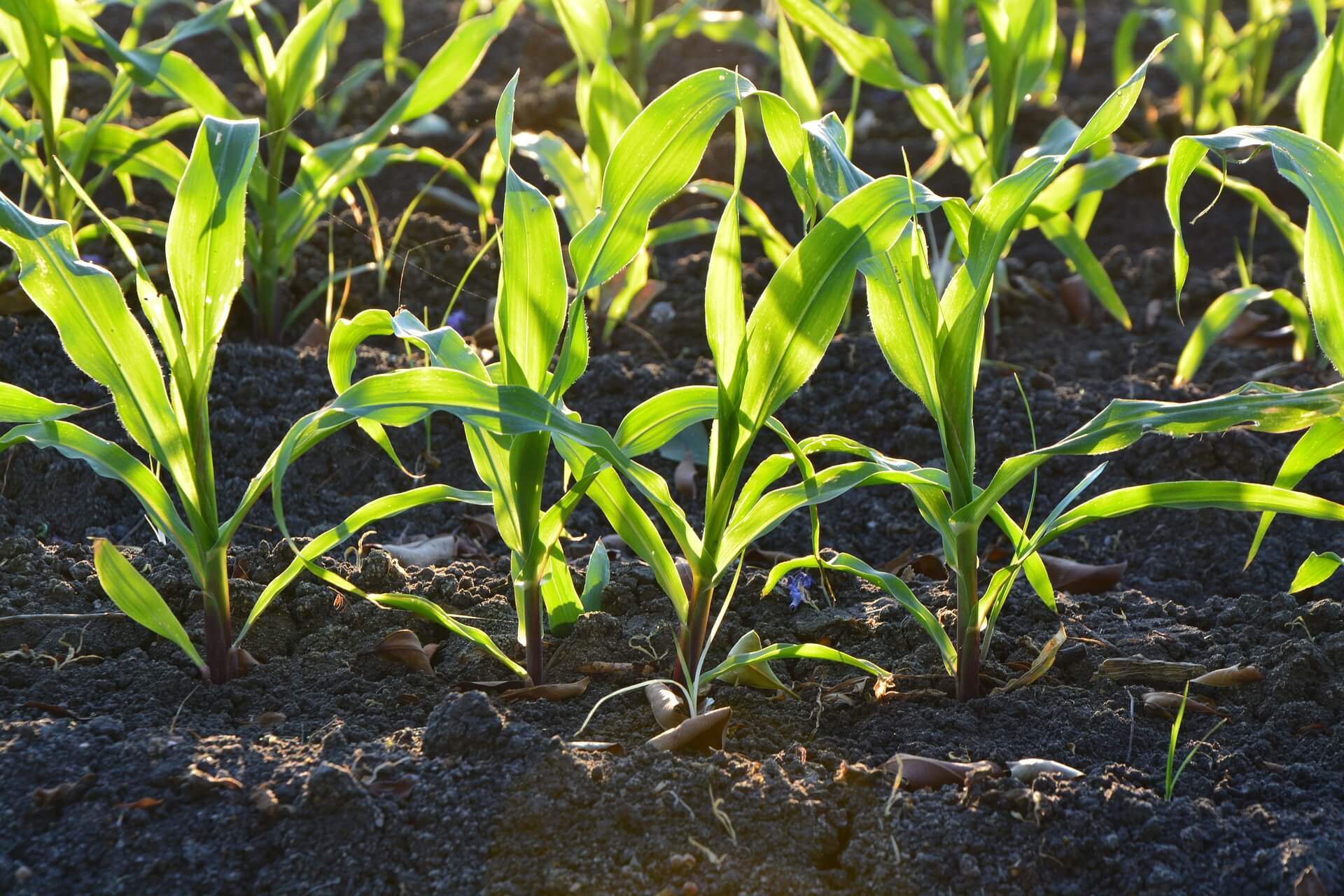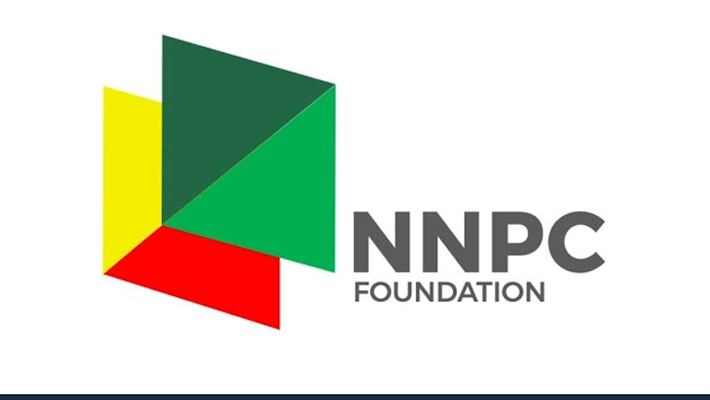The era of crude farming practices are about to come to an end in Nigeria. This is as the Federal government embraces the much talked about soil testing laboratories in all the local government areas of the country. To set the ball rolling, the Federal Ministry of Agriculture and Food Security (FMAFS) on Thursday inaugurated a 30-member national executive technical committee to implement the Nigeria Farmers’ Soil Health Card Scheme (NFSHCS). It is designed to promote agroecology, and regenerative agriculture in the country. By doing this the government would be giving impetus to efforts to assist farmers using technology and modern practices in their vocation.
The inauguration was done by the Minister of State in the FMAFS, Aliyu Sabi Abdullahi. He said the four-year initiative will shape the future of Nigeria’s agriculture, revive the data unit of the sector and proffer solutions to challenges limiting the sector.
The minister said, “The Nigeria Farmers’ National Executive Technical Committee on the implementation of the Nigeria Farmers’ Soil Health Card Scheme, (NFSHCS) administered by the Federal Ministry of Agriculture and Food Security (FMAFS) for Sustainable Agriculture, stands as a pivotal initiative aiming to integrate principles of agroecology and regenerative agriculture.
“In line with the vision of President Bola Ahmed Tinubu GCFR for a strongly revived and vibrant agricultural sector towards a transformed food system, NFSHCS will promote site-specific and crop-specific, sustainable soil health management practices, along with the careful application of fertilisers.” To accomplish this task, he said, “soil testing laboratories (will be established ) at the state and local government levels.”
Abdullahi stressed further that the initiative would define the appropriate soil fertility management practices; improve soil health and fertility; employment generation for rural youth; improve timeliness in the analysis of soil samples; introduce the Single Window approach from collection to the issue of Soil Health Card (SHC); online delivery of soil health cards to the farmers and build a database on the fertility status of Nigerian soils.
Alluding to the mode of regulation over the committee, the minister revealed that the committee National Executive Council (NEC) shall be responsible for “Carrying forward the objectives of the scheme for project evaluation, implementation and monitoring, play a crucial role in Identifying beneficiaries (Laboratories) especially from States/Local Government Areas (including private sector) in a transparent and time-bound manner.”
He also added, “Identifying the premises for establishment of Soil Health Laboratories; Submission of the proof of basic laboratory facilities and inputs” will be forwarded to the minister through the Permanent Secretary for distribution of Atomic Absorption Spectroscopy (AAS) and Water purification System to beneficiary laboratories for scrutiny and approval.
He noted that “The strategy for soil samples collection will be at 2.5 ha grid from the irrigated area and 10 ha grid from the rain-fed area, adding that in case of a cluster of villages, the State/LGA executive committees will pass a resolution for setting up of village level soil testing project in a particular village/beneficiary village.
Now, to ensure quality control and guide against unnecessary delay, he said, “One percent of the samples tested by the beneficiary laboratory will be rechecked by the Nation Soil Reference Laboratory of the area or any of the Soil Testing Laboratory (STL) of the state and NEC shall decide for the selection of beneficiary laboratory and approve it within 30 days”.
The committee which is to be chaired by Oshadiya Olanipekun has Andrea Ruediger; Sandra Oken; Deola Lordbaju; Abana Waziri Abba; Yekeen Olukayode Rasaki; Haruna Abdulhamid Yusuf; Garba Sharubutu; a representative of the IAR, Veronica Obatolu; Gold; Adewale Nafiu; Jibrin M. Jibrin; Aimola Mercy; Joy Agene; Abdul-hamid Umar; Kabiru Ibrahim; Sadiq Kassim; Kabiru Fara; Lanre Akinseye; Adigun Stephen Oludapo; Medinah Ayuba Fagbemi; Khalid and Buba Ishiaku.
The composition of the NEC members includes the Director Agricultural Land and Climate Change Management Services Department, Mr Olaonipekun as FMAFS Chairman; Dr. Andrea Ruediger, GIZ-Sustainable Agricultural System & Policy (AgSys); Sandra Oken FMAFS (FDA); Dr. Deola Lordbaju FMAFS (Extension); Abana Waziri Abba FMAFS (FISS); Yekeen Olukayode Rasaki FMAFS (AHS); Haruna Abdulhamid Yusuf FMAFS (PCU), amongst others.
According to Abdullahi, the committee members were selected from the Federal Ministry of Agriculture and Food Security (FMAFS); GIZ; Agricultural Research Council of Nigeria (ARCN); Institute of Agricultural Research,(IAR); Institute of Agricultural Research & Training, Ibadan; Nigeria Institute of Soil Science (NISS); Nigerian Institute for Oil Palm Research (NIFOR) Benin City; Soil Science Society of Nigeria (SSSN) and the International Fertilizer Development Centre (IFDC).
Subsequent selections were drawn from the World Bank office (WB), IITA, Ibadan; Agro-Climatic Resilience in Semi-Arid Landscapes (ACReSAL); Alliance for a Green Revolution (AGRA); Centre for Dryland Agriculture (CDA) BUK Kano; All Farmers Association of Nigeria (AFAN); Fertilizer Producers & Suppliers Association (FEPSAN); Nigeria Agro Input Dealers Association (NAIDA); Water Quality and Soil Testing Expert, Seed Entrepreneurs Association of Nigeria (SEEDAN); Soil Values; The Food and Agriculture Organization (FAO); International Fund for Agricultural Development (IFAD) and the National Coordinator, NAGS-AP.
In his remarks, Olanipekun revealed that the establishment of soil testing laboratories would be created across the 774 local government areas, which would invariably create job opportunities, introduce a single window approach for collection and building of a database to be able to identify the right farmers, amongst others. Also, Ruediger In his goodwill message, commended the bold and proactive step, noting that for many decades there had been talk about the need for farmers to have soil testing and today it has come to reality, the statement by the Chief Information Officer FMAFS Eremah Anthonia reads.












